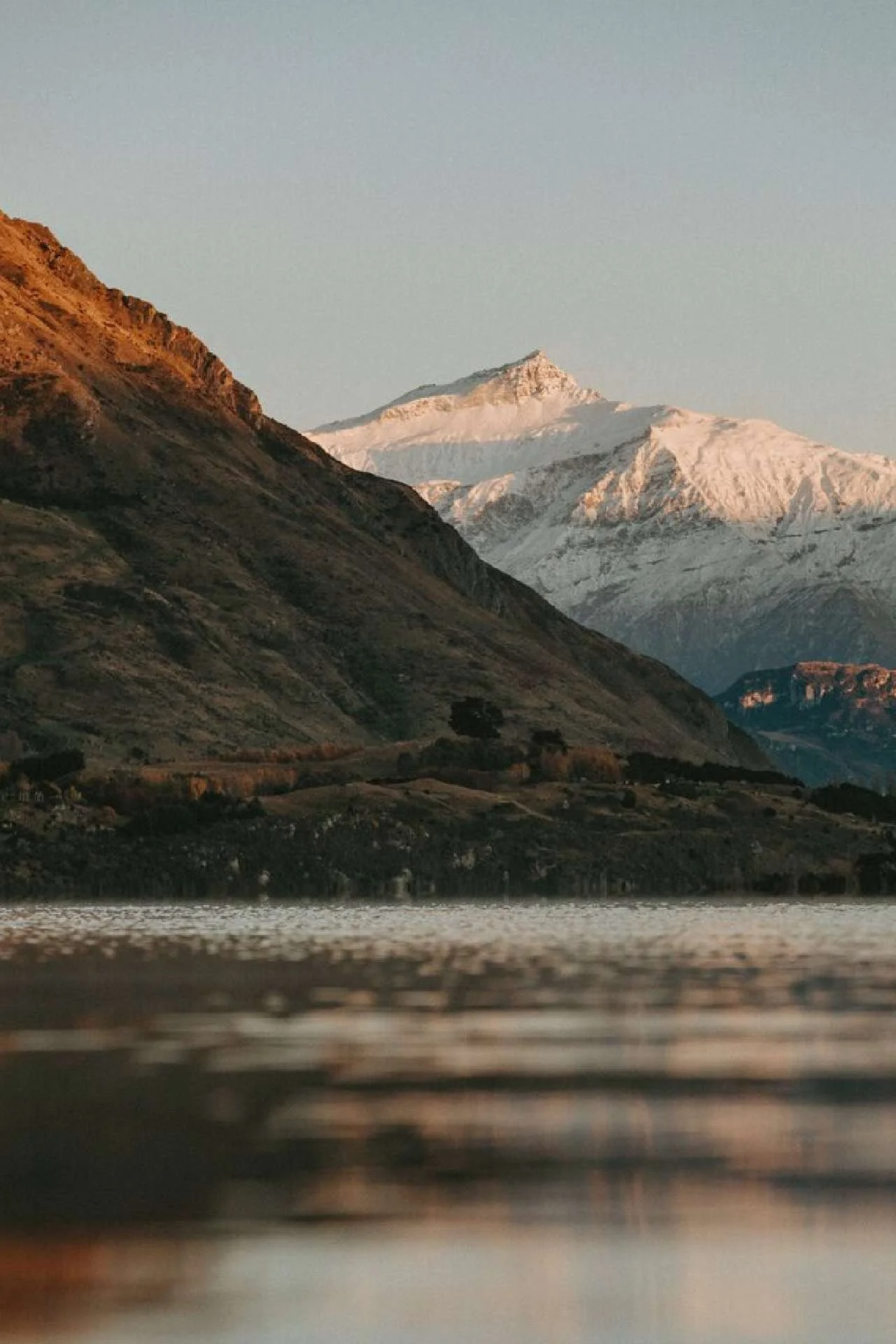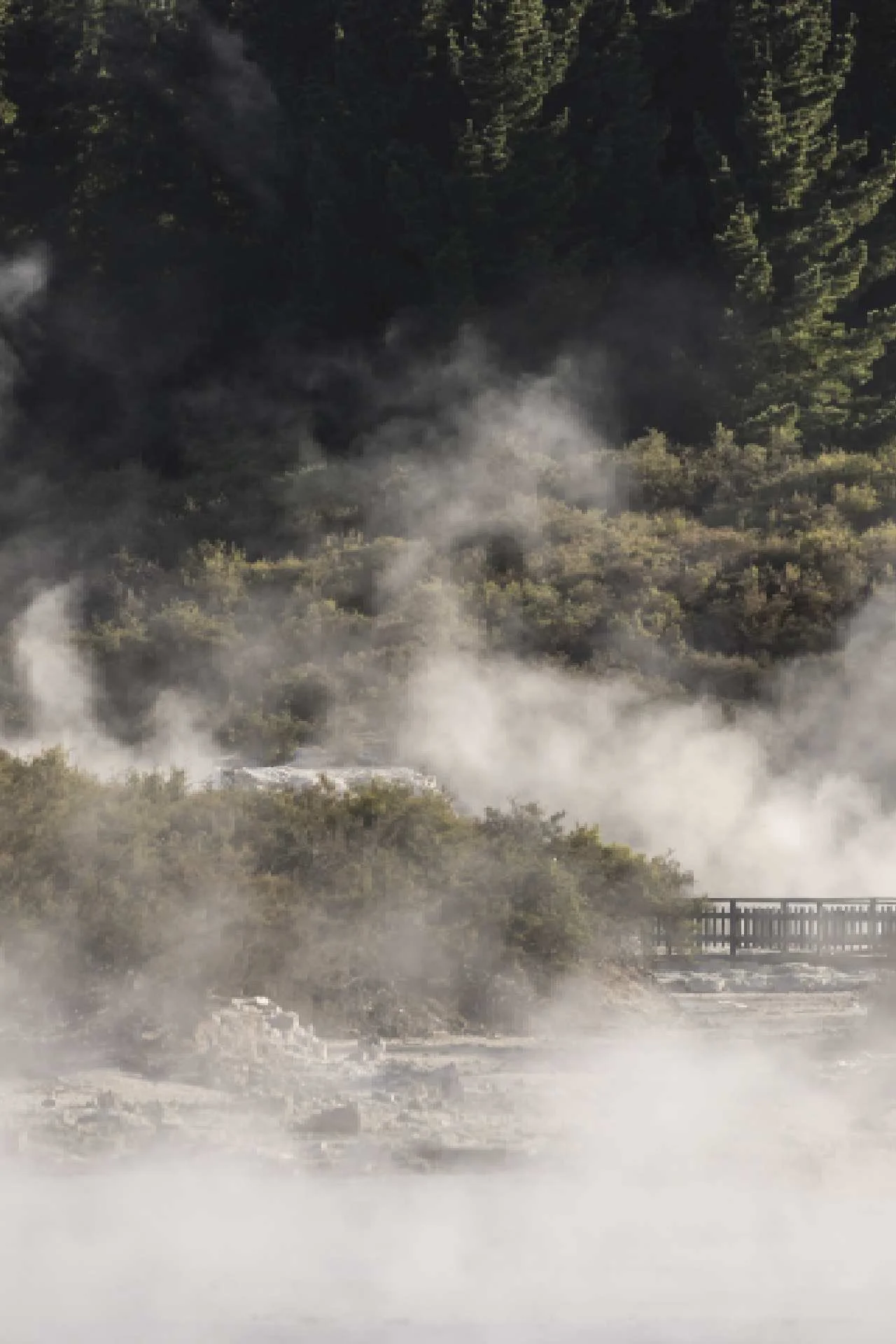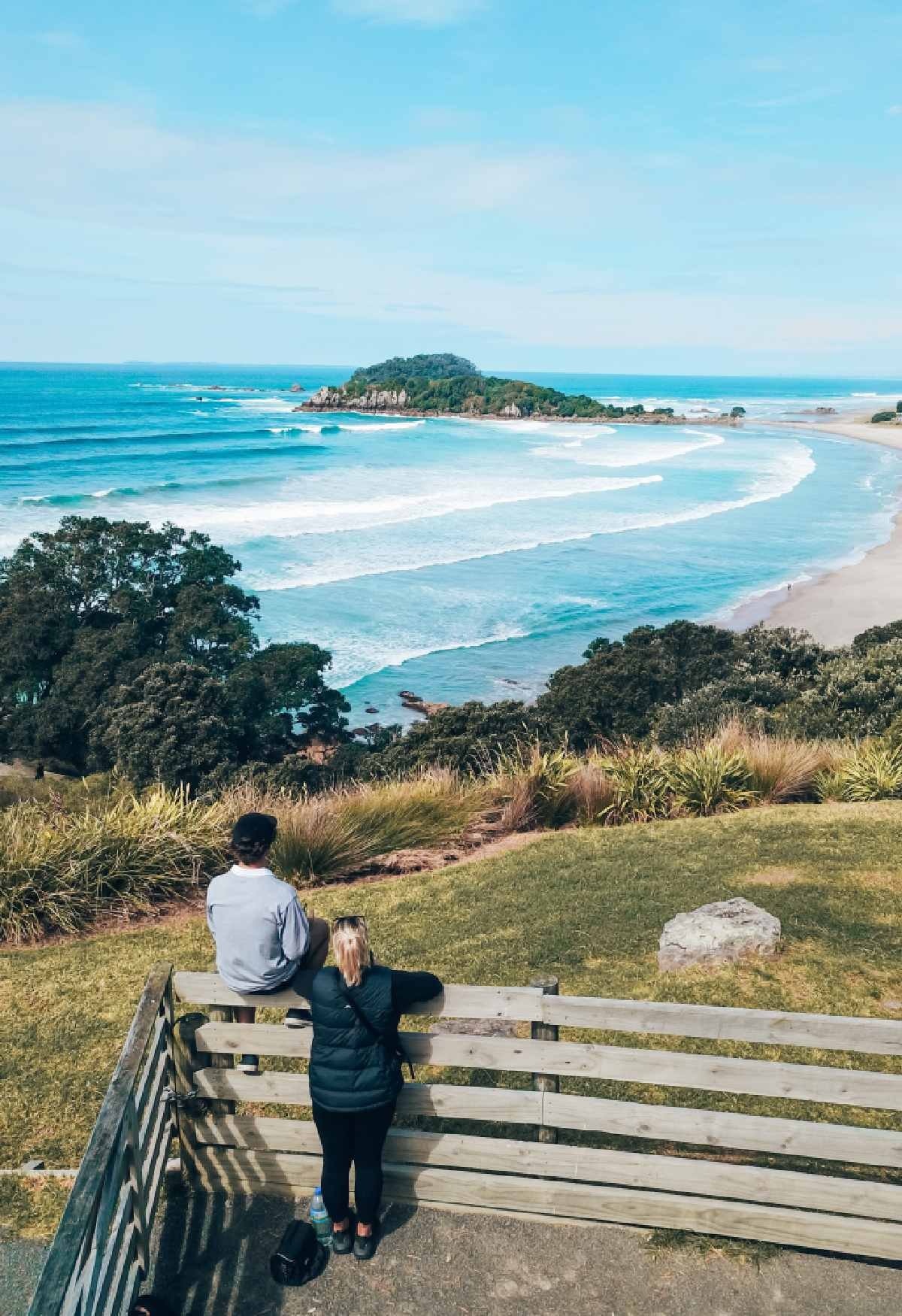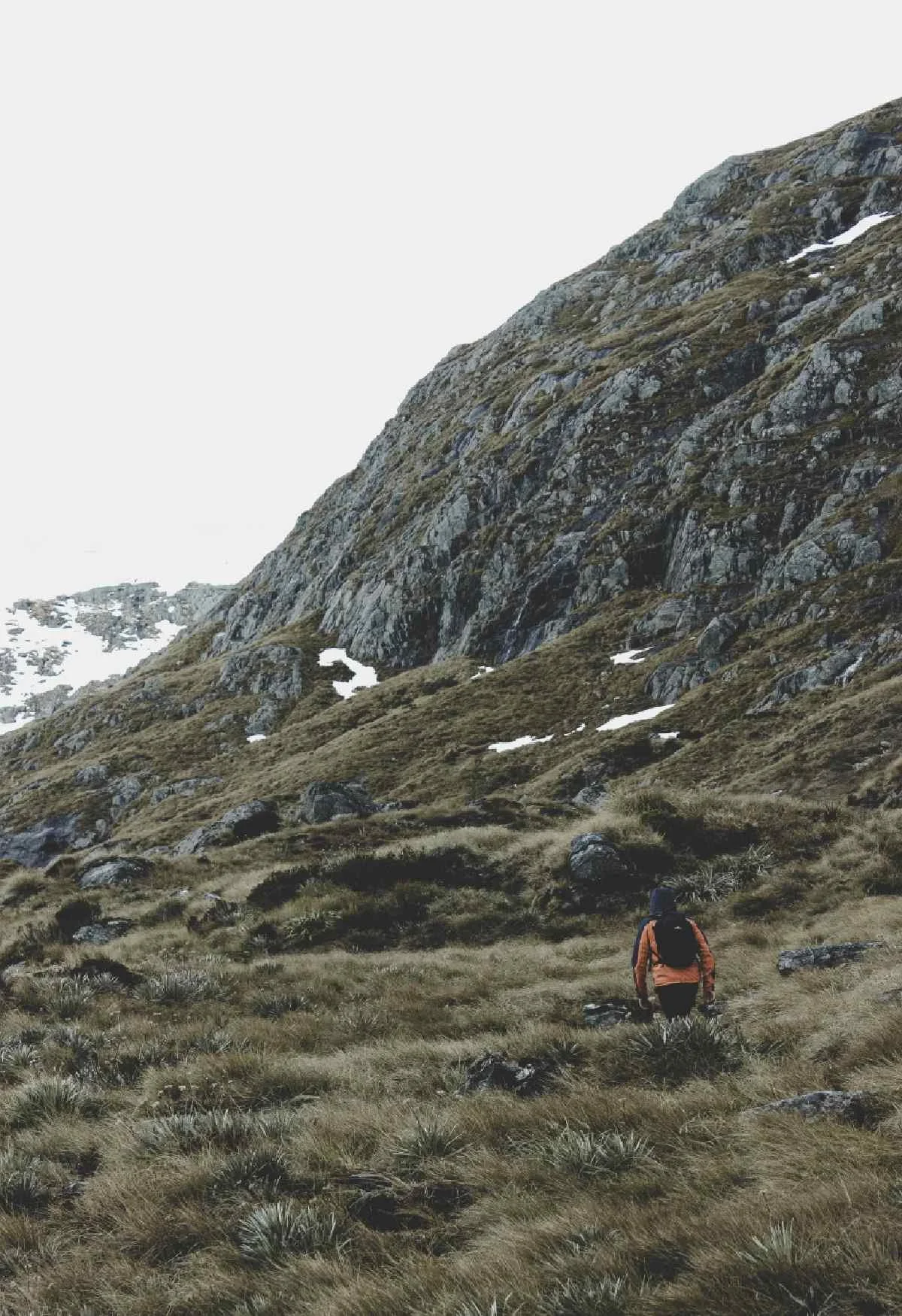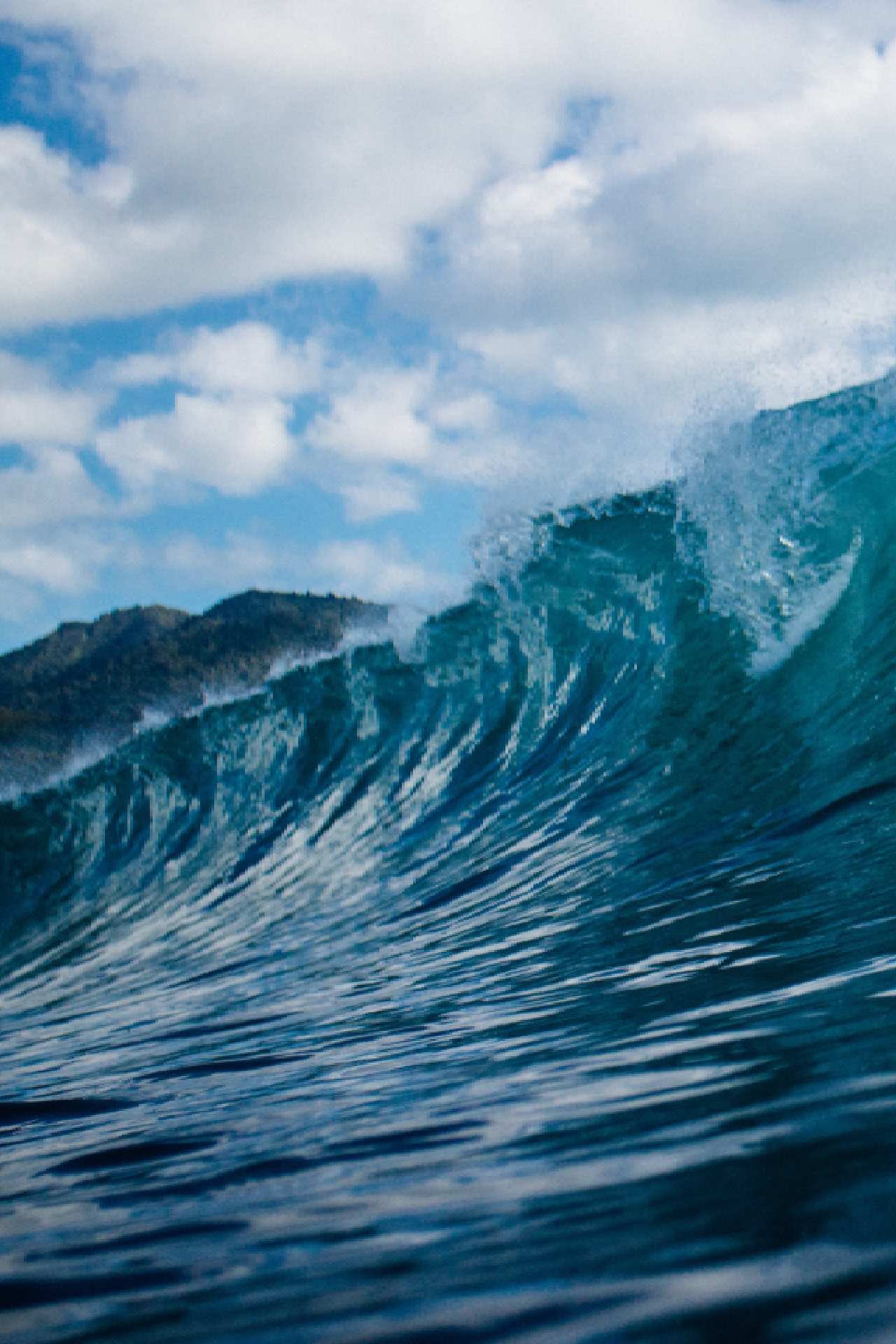New Zealand weather in May
Discover temperatures and travel tips for New Zealand in May.
May in New Zealand is a quiet month.
As the weather gets colder and the darkness draws in, we locals tend to hunker down.
There are no public holidays in May, so we don’t often travel during this month — this can make it a great time for international visitors to take advantage of quiet attractions.
If you’re thinking about visiting New Zealand in May, here’s what you should know about the weather.
Is May a good time to visit New Zealand?
May is a good month to visit New Zealand if you want to snag cheaper airfares and low-season deals on activities and accommodation.
The heat of summer is long gone by May, and more rain starts to fall. While you can still get clear, sunny days during this month, be prepared for lower temperatures and wet weather days.
The upside is that May isn’t crowded at all — there are no public holidays in May, so domestic tourists typically stay home during this month.
New Zealand weather in May
May in New Zealand marks the end of autumn (or fall).
Although New Zealand’s native forests are evergreen, you might still catch the last blaze of fall foliage in areas like Central Otago and Queenstown, where introduced trees are common.
The weather in New Zealand starts to get colder in May. Although not quite winter, May is usually the month when I start pulling heavy woollen jumpers out of my wardrobe.
It can rain a lot in May — an average of 12 days a month in Auckland — so it can be a more challenging time to enjoy the outdoors.
The days also get a lot shorter. In Queenstown, the sun rises around 7.40am at the start of May, and at 8.13am by the end of May. It sets between 5.48pm and 5.15pm by the end of the month, giving you only 10 hours of daylight.
This makes it even more tempting to spend a lot of time indoors.
However, while temperatures are cooler, outdoor activities like hiking and exploring nature are still possible, especially in the North Island.
May is outside the peak tourist season, so you can expect fewer crowds at popular attractions and accommodations.
What temperatures can you expect in New Zealand in May?
Here are some of the average high/low temperatures across the North and South Islands in May:
Auckland: 18° / 10° Celcius, or 64° / 50° Fahrenheit
Wellington: 14° / 9° Celcius or 57° / 48° Fahrenheit
Christchurch: 14° / 4° Celcius or 57° / 39° Fahrenheit
Queenstown: 12° / 2° Celcius or 53° / 35° Fahrenheit
In May, New Zealand experiences cooler temperatures as it transitions from autumn to winter.
In the North Island, average daytime temperatures typically range from around 10°C to 15°C (50°F to 59°F). Nighttime temperatures can drop to around 5°C to 10°C (41°F to 50°F).
It rarely dips below zero overnight in May though.
In the South Island, average high temperatures generally range from about 8°C to 13°C (46°F to 55°F). Low temperatures at night can vary between 2°C and 8°C (36°F to 46°F).
Bear in mind that these are just averages, though. You can still get brilliantly clear, warm, sunny days in New Zealand in May. Although sea temperatures can cool down a lot, I have definitely spent May days sunbathing at the beach.
Higher altitudes and alpine regions can experience much colder temperatures, with daytime highs often remaining below freezing, so you’ll need to pack warm layers if you’re planning on hiking to higher altitudes.
In mountainous areas, including the Southern Alps, you can expect the first snowfalls of the winter season.
This means that some hiking trails — like certain Great Walks — are no longer accessible in May, except for people with mountaineering experience.
Travel tips for visiting New Zealand in May
May has shorter daylight hours as New Zealand approaches winter, with less daylight for outdoor activities.
May is when hiking in some parts of New Zealand can start to get more challenging. Higher rainfall means rivers and streams can swell and make unbridged crossings difficult — potential snowfall in alpine areas means you need to be prepared with the right gear.
The Great Walks season typically ends in late April, but for a week or so you can still walk trails like the Milford Track, Kepler, and Routeburn before they become impassable during the winter months. The facilities on the track will be stripped back (including bridges) but this is a great opportunity to walk trails that are otherwise very expensive or busy.
If the weather in May packs in, check out glow worm caves.
The upper regions of the North Island typically have the best weather in May, so you can still visit places like the Bay of Islands and Cape Reinga, and enjoy sunny weather.
In the South Island, May is a good time to see fall foliage in places like Arrowtown and the Gibbston area near Queenstown.
What to wear in New Zealand in May
In the North Island, you can expect warmer weather
In the South Island, be prepared for colder temperatures
In May, you’ll need to pack warm clothes — especially if you’re headed to the South Island. May is roughly the time of year when jackets start to come out of storage.
Having said that, you can probably get away with good thick jumpers if you have a water/wind proof layer to throw over the top.
You might not wear shorts and dresses in New Zealand in May, but you should still pack a swimsuit for hot pools.
As with any month of the year, layering clothing items is the key.
You’ll probably want to pack warm base layers and outer layers, but on sunny days you might also want to strip off while walking.
You won’t need hats, scarves, and gloves in the North Island in May (except maybe in windy Wellington) but you might want a warm beanie and scarf in the South Island.
In some places, like Aoraki Mount Cook, there’s a good chance temperatures will drop below zero overnight, so it pays to be prepared with warm woollies.
Where to go in New Zealand in May
Winter waves in Raglan
Walks in Rotorua are lovely in May
Rotorua
May can be a great time to visit Rotorua. You can make the most of the hot pools and hikes in the area, which are both well suited to the crisp weather.
Raglan
May is a good time to visit Raglan as the summer crowds have gone and the small town feels more laid back.
May is the start of the surf season and consistent winter swells in Raglan, so if you’re keen on catching some waves, this is a great month to stop by.
Northland
The Northland region is nicknamed ‘the winterless North’, so if you want to chase the sunshine, head to the Bay of Islands or the Tutukaka Coast.
May might be too cool for beach days, but you can still do lots of great coastal walks like Duke’s Nose, Te Whara/Bream Head, and walks around Cape Reinga.
There are also great hot springs, Ngawha Hot Springs, which are an excellent spot to warm up if it’s too cold.
Milford Sound
Milford Sound is beautiful even in wet, gloomy weather — some think it’s even more atmospheric with clouds and waterfalls. You can still visit this highlight in May, and it will likely be a lot quieter than in the peak summer months.
You might also like:
